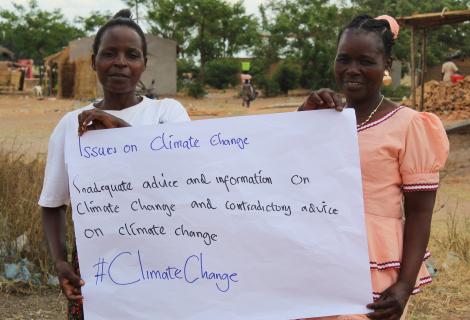
Call for Consultancy Services – Budget Analysist
2023-24 Agriculture Sector Budget Analysis
ActionAid Malawi ActionAid Malawi and NASFAM are part of the Partnership for Social Accountability (PSA) Alliance implementing a project titled: ‘Strengthening Social Accountability and Oversight Capacity for Rights-based Public Resources Management in Health and Agriculture in Southern Africa’ with support from the Swiss Agency for Development Cooperation (SDC).
The PSA Alliance is a consortium of 4 agencies: Lead organisation- ActionAid International (AAI), and consortium partners - Eastern and Southern Africa Small Scale Farmers’ Forum (ESAFF), Southern African HIV and AIDS Information and Dissemination Services (SAFAIDS), and Public Service Accountability Monitor (PSAM).
The project is being implemented in five countries in Africa namely, Malawi, Mozambique, Tanzania, Zambia and Zimbabwe. In Malawi, the PSA project is led by ActionAid Malawi (AAM) in collaboration with the National Smallholder Framers of Malawi (NASFAM) on the Agriculture sector with focus on food security.
The advocacy goal of the PSA project on food security is Climate resilient and gender-responsive agricultural public services (including input and extension) which benefit smallholder farmers through promoting agroecology and community-based seed systems.
The PSA project would like to track the adherence to CAADP targets and go beyond the allocation of 10% of the national budget to Agriculture sector to assess the distribution of resources (intra-sectoral allocations) that will be instrumental to the attainment of 6% annual agricultural growth.
Noting that there are growing concerns of food security that have been exacerbated with increasing incidences of climate change and disasters, the AAM would like to track National Budgets to assess the extent to which they build resilient agriculture systems.
As part of strengthening the social accountability monitoring and with the budget cycle in mind, the 2023/24 Agriculture budget analysis will have to assess the merits and possible knock-on effects of this change on the sector in terms of timeliness of financing and effect on program delivery.
Kindly open the publication below for details of the Terms of Reference and Application procedures: